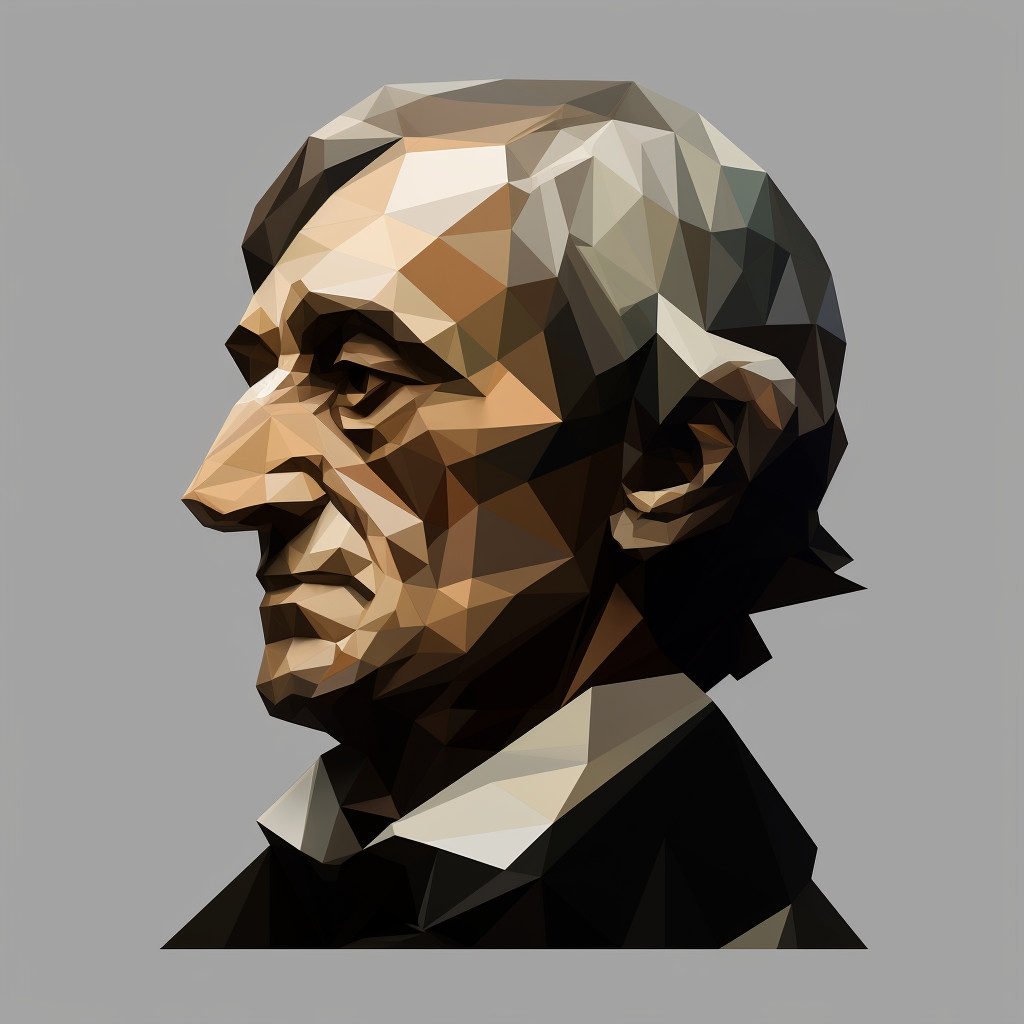'Wrong' Quotes
Wrong Quotes’ are statements that are often attributed to famous individuals, but are actually misquotes or misattributions. Despite their incorrect origins, these quotes have had a significant impact on individuals and society. They have been used to inspire and motivate people, and have beco…Read More
Wrong Quotes’ are statements that are often attributed to famous individuals, but are actually misquotes or misattributions. Despite their incorrect origins, these quotes have had a significant impact on individuals and society. They have been used to inspire and motivate people, and have become a part of popular culture. For example, the quote “Be the change you wish to see in the world” is often attributed to Mahatma Gandhi, but there is no evidence that he actually said it. However, this quote has become a mantra for many individuals and has inspired them to make positive changes in their lives and in the world. Similarly, the quote “The only thing necessary for the triumph of evil is for good men to do nothing” is often attributed to Edmund Burke, but there is no record of him saying it. Nevertheless, this quote has been used to encourage people to take action against injustice and oppression. ‘Wrong Quotes’ have also had a profound impact on famous figures throughout history. For example, the quote “The ends justify the means” is often attributed to Niccolò Machiavelli, but it was actually coined by Cesare Borgia. This quote has been used to justify unethical actions and has been associated with Machiavelli’s political philosophy. However, this misattribution has also led to a deeper understanding of Machiavelli’s ideas and has sparked debates about the morality of political actions. ‘Wrong Quotes’ continue to resonate and motivate people across the globe because they encapsulate powerful ideas and emotions, regardless of their origins. They have become a part of our collective consciousness and have been passed down through generations, inspiring individuals to strive for greatness and make a positive impact on the world.Read Less
Wrong Quotes’ are statements that are often attributed to famous individuals, but are actually misquotes or misattributions. Despite their incorrect origins, these quotes have had a significant impact on individuals and society. They have been used to inspire and motivate people, and have become a part of popular culture. For example, the quote “Be the change you wish to see in the world” is often attributed to Mahatma Gandhi, but there is no evidence that he actually said it. However, this quote has become a mantra for many individuals and has inspired them to make positive changes in their lives and in the world. Similarly, the quote “The only thing necessary for the triumph of evil is for good men to do nothing” is often attributed to Edmund Burke, but there is no record of him saying it. Nevertheless, this quote has been used to encourage people to take action against injustice and oppression. ‘Wrong Quotes’ have also had a profound impact on famous figures throughout history. For example, the quote “The ends justify the means” is often attributed to Niccolò Machiavelli, but it was actually coined by Cesare Borgia. This quote has been used to justify unethical actions and has been associated with Machiavelli’s political philosophy. However, this misattribution has also led to a deeper understanding of Machiavelli’s ideas and has sparked debates about the morality of political actions. ‘Wrong Quotes’ continue to resonate and motivate people across the globe because they encapsulate powerful ideas and emotions, regardless of their origins. They have become a part of our collective consciousness and have been passed down through generations, inspiring individuals to strive for greatness and make a positive impact on the world.
25 Notorious 'Wrong' Quotations and Sayings
Wrong – Symbolic Value
The concept of ‘wrong’ is one that holds a significant symbolic value in our society. It is often associated with negative connotations and is seen as something to be avoided at all costs. However, the idea of ‘wrong’ is not always as straightforward as it may seem. In fact, it can hold different meanings and interpretations depending on the context in which it is used.
Wrong – Cultural and Historical Significance
The concept of ‘wrong’ has a long-standing cultural and historical significance. In many cultures, the idea of right and wrong is deeply ingrained in their belief systems and moral codes. For example, in Christianity, the concept of ‘sin’ is often associated with doing something wrong. Similarly, in Eastern philosophies such as Buddhism, the concept of ‘karma’ is based on the idea of right and wrong actions having consequences.Throughout history, the concept of ‘wrong’ has also been used to justify actions and decisions. For instance, during the Salem Witch Trials in the 17th century, individuals were accused of being ‘wrong’ or ‘evil’ and were subsequently persecuted. This highlights how the concept of ‘wrong’ can be used as a tool for control and manipulation.
Wrong – Common Themes in Motivational Contexts
In motivational contexts, the concept of ‘wrong’ is often used to drive individuals towards success. It is seen as something to be avoided and can be a powerful motivator for individuals to strive for perfection. This can be seen in phrases such as “failure is not an option” or “there is no room for mistakes.” However, this mindset can also be detrimental as it puts immense pressure on individuals and can lead to fear of failure and perfectionism.Moreover, the fear of being wrong can also hinder creativity and innovation. When individuals are afraid of making mistakes, they may be less likely to take risks and try new things. This can limit personal growth and progress.
Wrong – Portrayal in Art and Media
The concept of ‘wrong’ has been a recurring theme in art and media. In literature, films, and television shows, we often see characters struggling with the idea of right and wrong. This can be seen in classic works such as Shakespeare’s Macbeth, where the protagonist’s actions are driven by his fear of being wrong and losing his power.In modern media, the concept of ‘wrong’ is often portrayed in a more nuanced manner. It is not always clear-cut who is right or wrong, and characters may struggle with moral dilemmas and conflicting values. This reflects the complexity of the concept and how it can be interpreted differently by individuals.
Wrong – Impact on Understanding of Life and Society
The concept of ‘wrong’ has a significant impact on our understanding of life and society. It shapes our moral compass and influences our decisions and actions. However, it is essential to recognize that the idea of ‘wrong’ is not always black and white. What may be considered wrong in one culture or society may be acceptable in another.Moreover, the fear of being wrong can also lead to a lack of empathy and understanding towards others. When we are so focused on being right, we may fail to see things from different perspectives and understand the complexities of a situation.In conclusion, the concept of ‘wrong’ holds a powerful symbolic value in our society. It has a long-standing cultural and historical significance and is often used in motivational contexts. However, it is essential to recognize that the idea of ‘wrong’ is not always straightforward and can have different meanings and interpretations. It is crucial to have a nuanced understanding of this concept and its impact on our lives and society.















